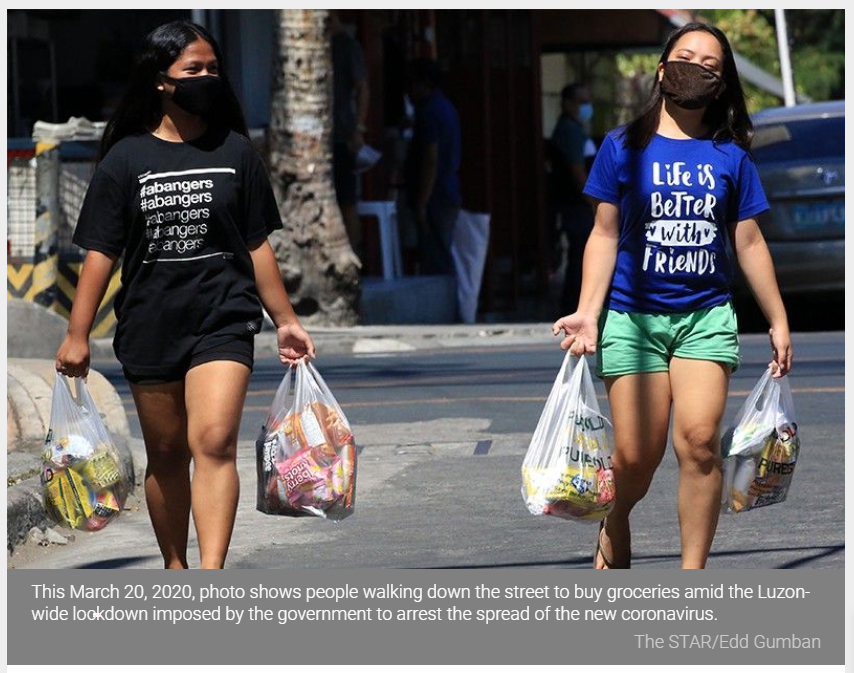Philippines: BSP sees another month of tame inflation in July
MANILA, Philippines — Inflation likely stayed manageable this month even as the economy slowly roared back to life from a coronavirus-led shutdown, the Bangko Sentral ng Pilipinas (BSP) said Thursday.
In a statement, the central bank’s Department of Economic Research projected consumer prices would rise between 2.2-3% this month. If realized, this would sit comfortably within the low-end of the BSP’s 2-4% annual target.
Inflation accelerated for the first time this year in June to 2.5% year-on-year, bringing the six-month average to the same level. The Philippine Statistics Authority will release the July inflation data on August 5.
“Upward price pressures were due to higher domestic petroleum prices as well as the uptick of rice prices for the month,” the BSP said.
“These increases are partly offset by slightly lower electricity rates in Meralco-serviced areas and the continued appreciation of the peso,” it added.
Energy department data showed oil companies last implemented a price hike on July 28, with prices increasing P0.10-P0.30 per liter for gasoline, P0.25 per liter for diesel and P0.30 per liter for kerosene. There were five local pump price adjustments, mostly increases, in July.
Meanwhile, Manila Electric Co. (Meralco), the country’s largest power distributor, pushed down electricity rates for the third straight month in July, resulting into P6.00 decrease to the total bill of typical households with monthly average consumption of 200 kilowatt per hour.
Another month of tame inflation would be a welcome development for BSP Governor Benjamin Diokno, who surprised the market last month with a deeper 50-basis point cut to policy rates to 2.25%, the lowest on record, in an attempt to lower borrowing costs and encourage businesses and consumers to borrow.
That said, the central bank had also said it would pause on easing for now after delivering a cumulative 175 bps cut on interest rates since March, and a separate 200 bps cut on reserve requirements to give banks more funds to lend out.
But price growth becoming less of an issue is not entirely good news. Diokno earlier admitted that consumers continued “holding back on their consumption,” which in turn discourages business to produce more, slowing economic activity. The Philippines is likely to report a recession, defined as two consecutive quarters of negative growth, when the second-quarter economic performance report is released next week.
While a strong peso will keep inflation at bay, it could also be a symptom of declining economic output as companies reeling from pandemic-induced disruptions spend less dollars to buy capital machinery and raw materials abroad, hurting production.
“Going forward, the BSP will continue to monitor economic and financial developments to ensure that monetary policy settings remain consistent with the objective of price stability conducive to a balanced and sustained growth of the economy,” the BSP said.
Source: https://www.philstar.com/business/2020/07/30/2031775/bsp-sees-another-month-tame-inflation-july


 Thailand
Thailand




